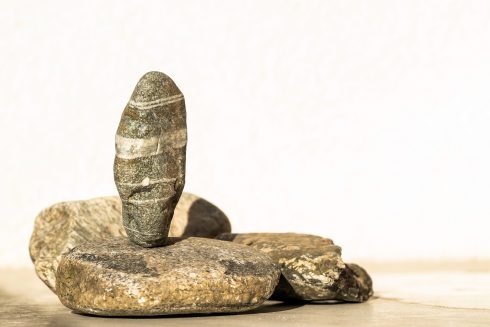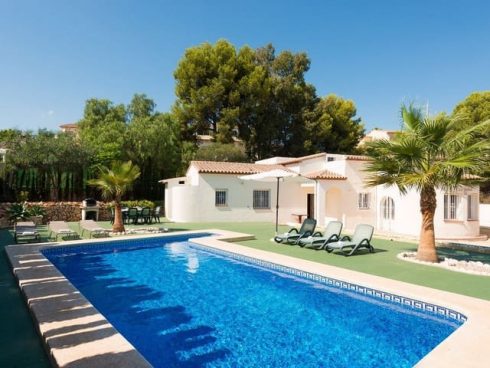ZARA isn’t the first place you’d think of for pottery handcrafted in an old tradition dating back to Al-Andalus. However, a collection of 2,200 pieces for the kitchen and bathroom, made in the Fajalauza workshop in Granada, is attracting considerable attention.
The collection is part of Zara Home’s Made by Artisans line: “Pieces that are the result of collaboration between centuries-old know-how and innovation, scrupulously respecting Granada’s historical technique,” they say, adding that Fajalauza is one of the very few traditional factories established at the end of the middle ages that is still operational today.
But while the ceramics are highly prized, the building is on the brink of collapse.
Granada’s Albaicin barrio, famous for its cave houses and flamenco, is also home to many potters. Its long association with ceramics dates back to Moorish times, and by the 16th century some 40 workshops were clustered in the upper Albaicin. One of these, passed down through generations of the Morales family, is where Fajalauza ceramics are produced.



Despite the site being named a World Heritage Site 25 years ago, and an Asset of Cultural Interest when it celebrated its 500th birthday, the building has been left to deteriorate and is now in a perilous state. The Fajalauza Foundation, dedicated to preserving the cultural heritage of ceramics, took over the management in 2017, and has now launched a fundraising campaign to save this historic gem and turn it into an education centre.
Urgent emergency repairs are needed to stop parts of the building from dereliction. At least €40,000 is needed to salvage the roof, and €135,000 to repair and convert the workshop area where three multipurpose classrooms are planned. A further €25,000 will be needed for disabled access and facilities.
If this historic building can be saved, it will provide everything required for the traditional production of ceramics, including a Hispano-Arabic kiln (which can use gorse as fuel). The plan is to host masterclasses and artist residencies, and to provide a cultural space. A proposal has been made for it to become the Granada Museum of Ceramics.
Although the Fajalauza workshop sadly lost its master craftsman, Cecilio Morales recently, work continues much as it did five centuries ago. The plates, bowls, tureens and vases, with their distinctive cobalt blue and green design set on a milky white background, are intended for everyday use, and remain hugely popular. They are a frequently-spotted household object throughout towns and villages in Granada and much further afield.
With its decision to stock a limited collection online, Zara has shown that even a global retail giant dealing in mass production is capable of recognising the unique value of artisan craftsmanship and tradition.
However, “in a town of such cultural wealth as Granada,” says the Morales family, “in the Albaicin, and with World Heritage Site status, the progressive deterioration of this industrial heritage has gone unnoticed by governing administrations.”
You can donate via fajalauza.org
READ MORE
Treasure trove of over 1,000 historical ceramics found at Valencia house in Spain
International Cevisama ceramics fair cancelled in Spain’s Valencia as sector battles against rising raw material prices
Click here to read more Property News from The Olive Press.









If this world heritage is a trade mark of Zara, why then is Zara not able to sponsor the 175,000 Euros? Isn’t the Ortega Family by far the richest family of Spain or even Europe? The dividend which the Ortega Family earns in one year as the main shareholder of Indesit/Zara is 1.77 billion euros. The 175,000 Euros are 1/10,000 of their anual earnings and are tax-deductable.